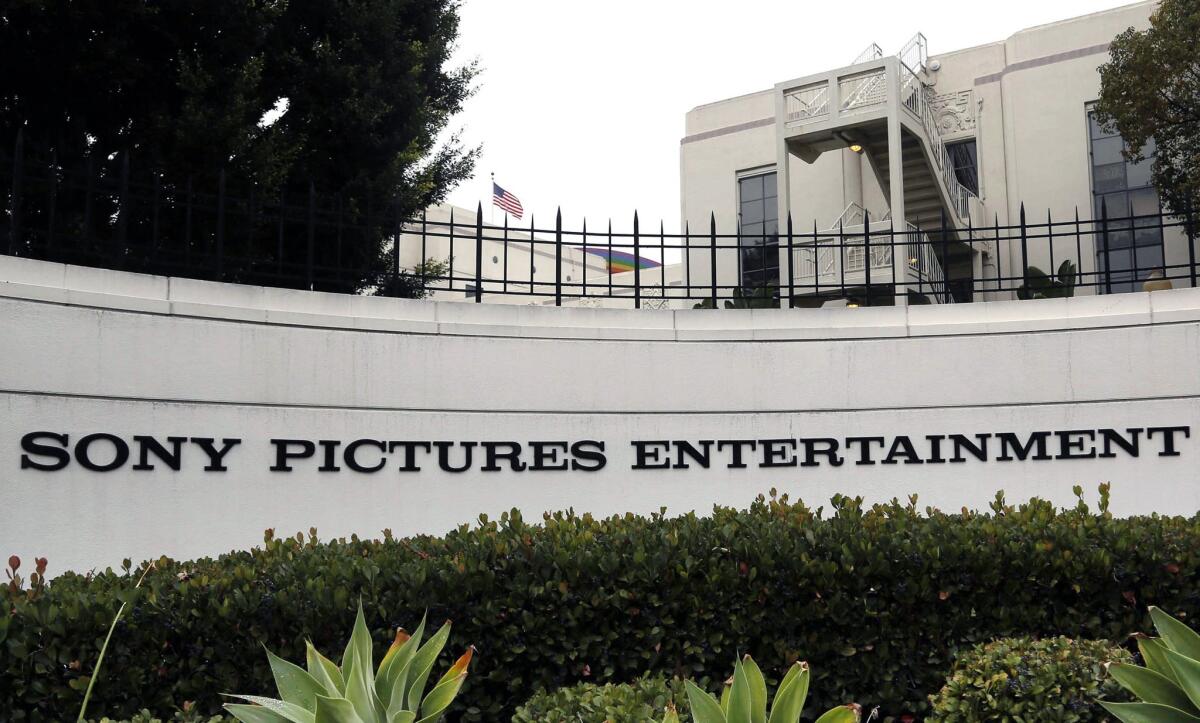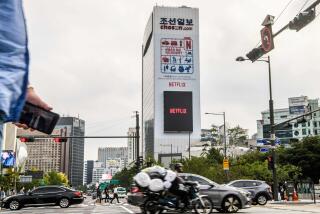North Korean diplomat denies country is behind Sony hacking

The whodunit surrounding the recent hacking at Sony Pictures Entertainment has taken another twist.
Two principal theories have suggested that the attack could be the work of North Korea or disgruntled former or current Sony employees.
But a North Korean diplomat is denying that his nation is behind the security breach.
“Linking the DPRK [Democratic People’s Republic of Korea] to the Sony hacking is another fabrication targeting the country,” the unidentified official told news outlet Voice of America on Wednesday. “My country publicly declared that it would follow international norms banning hacking and piracy.”
Sony found itself the target of a massive security breach that leaked several finished films, personal information about thousands of employees and other confidential documents.
Earlier this year, when Sony began marketing the “The Interview,” the North Korean government made it clear it wasn’t happy about the production. The plot of the upcoming comedy, co-directed by Seth Rogen and Evan Goldberg, depicts a fictional attempt to assassinate leader Kim Jong Un.
The film was tantamount to “an act of war” and threatened “a decisive and merciless countermeasure” if the U.S. government allowed it to hit theaters, a spokesman for North Korea’s Ministry of Foreign Affairs said over the summer.
Earlier this week, when asked about potential involvement in the attack, a spokesman for the North Korean government told the BBC: “Wait and see.”
The Culver City studio is assisting the FBI in looking into the security breach. Sony has also enlisted the help of Mandiant, a cyber-forensics unit of security firm FireEye Inc.
“The investigation continues into this very sophisticated cyberattack,” the company said Wednesday.
For more news on the entertainment industry, follow me @saba_h
More to Read
From the Oscars to the Emmys.
Get the Envelope newsletter for exclusive awards season coverage, behind-the-scenes stories from the Envelope podcast and columnist Glenn Whipp’s must-read analysis.
You may occasionally receive promotional content from the Los Angeles Times.









